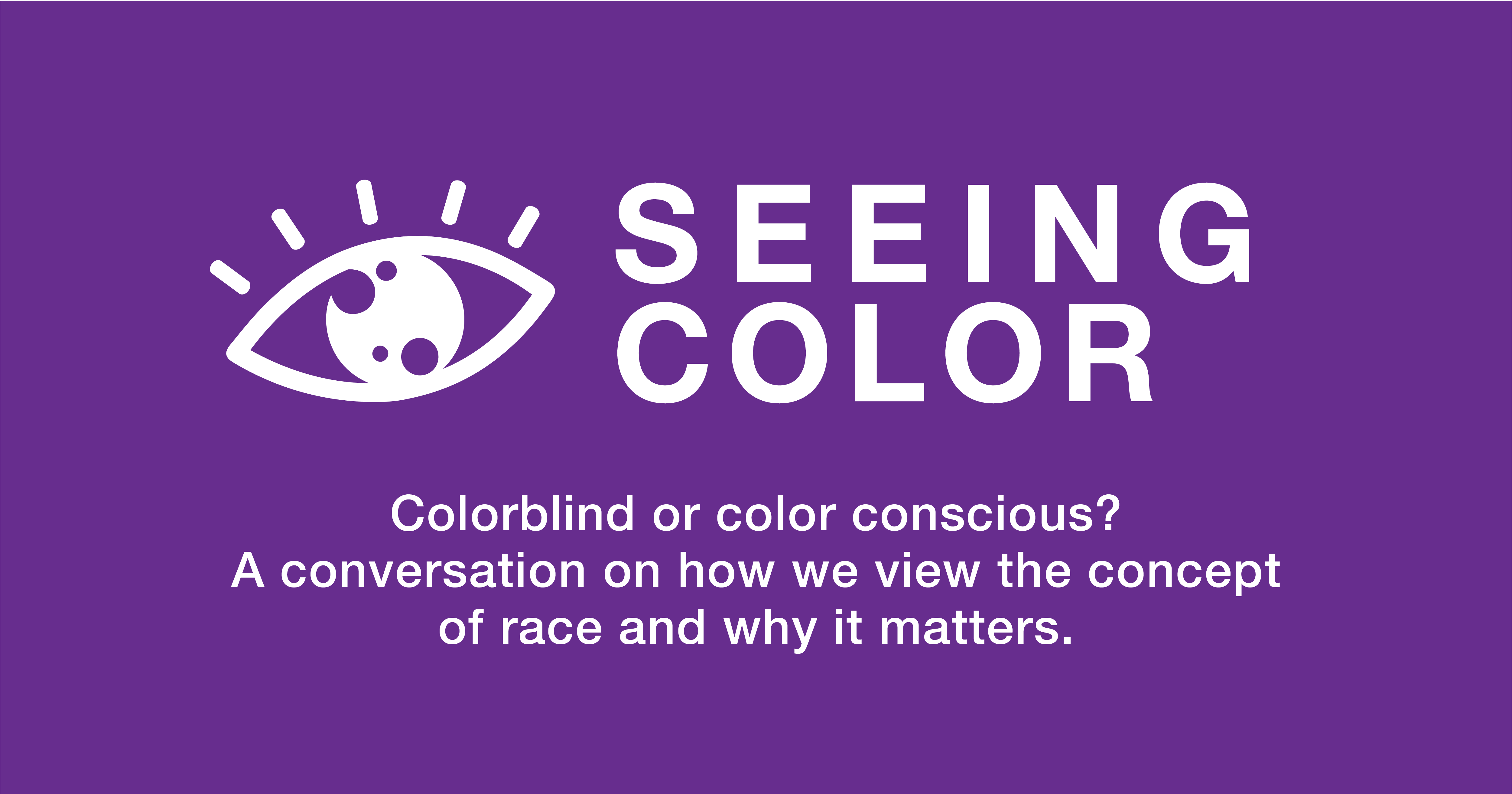American race relations have been the subject of countless studies, works of art, and even Inclusivv conversations. We continue to create content around the topic of race with the ultimate goal of helping to create a more just, equitable society. That’s why we developed our newest conversation, Seeing Color — to unpack how we view the concept of race and why it matters.
Have you ever heard somebody say, “I don’t see color”? Maybe you’ve even said it yourself. Racial colorblindness is the belief that true equality can only be achieved when we treat everyone the same, not acknowledging racial differences. People who claim to be racially colorblind often argue that we cannot eradicate racism if we characterize people based on the color of their skin, their culture or ethnicity. In 2007, U.S. Supreme Court Chief Justice John Roberts famously said: “The way to stop discrimination on the basis of race is to stop discriminating on the basis of race.”
And these are potentially fair points, but does “not seeing color” really lead us toward a more inclusive world?
How does colorblindness fit into the story of Ta-Nehisi Coates, who in his critically acclaimed Letter to My Son, speaks of the fear inherent in Black manhood? Can a declaration as simple as “I don’t see color” truly cancel out hundreds of years of discrimination, persecution and oppression of people of color? And if you don’t see color, do you really see me?
Scholars, social justice activists and everyday people alike have posited new ideas for how we approach race. One particularly promising framework is that of color consciousness, which calls us instead to acknowledge how race impacts individuals’ lived experiences, and use these observations to work toward racial justice. In a powerful TED Talk, Mellody Hobson takes this idea one step further by encouraging us to be color brave — to lean into potentially challenging discussions about racial differences so we can better understand each other and make informed decisions for future generations.
We at Inclusivv are all for having these tough conversations, and for doing what it takes to co-create a more inclusive world for all. Join us as we debut our Seeing Color conversation on Thursday, September 16th at 6:30 p.m. ET.




.png?width=950&height=1022&name=Belonging%20(4).png)